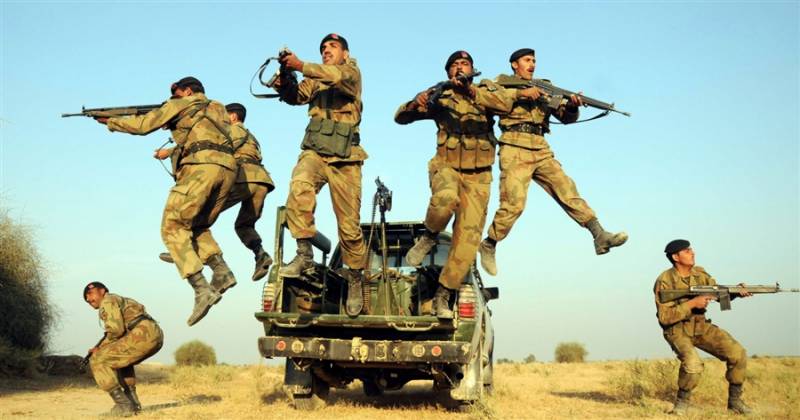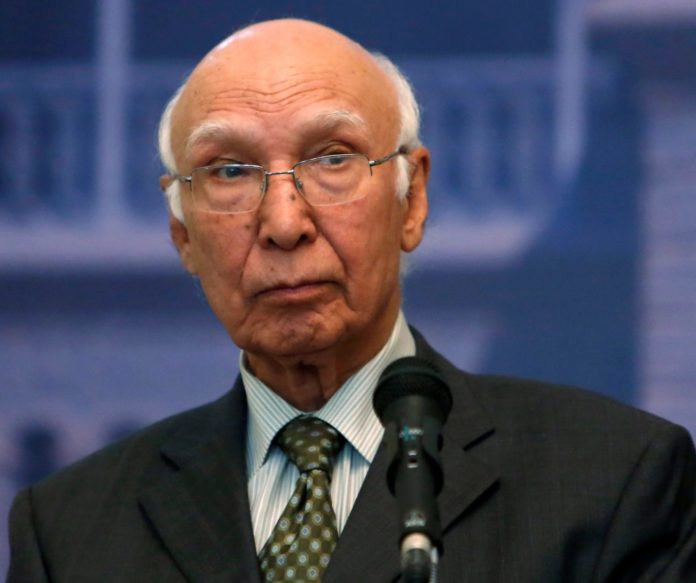The balance of payment crisis has been aggravated by major currency devaluations taking place over the past few months, the Rupee plunging 15% since December last. Surprisingly the currency has appreciated by 4% .e. Rs. 7.00 since Imran Khan’s elections on July 25. The State Bank having had to raise interest rates, the current-account gap widened by 43% in the last fiscal year with foreign-exchange reserves dropping alarmingly to $ 9.1 billion. While a China- sponsored “bailout” is rumoured, the newly elected govt might approach the International Monetary Fund (IMF). These loans come typically with strings attached i.e. curbing fiscal deficits, tighter monetary policy, etc. one can expect even tougher conditions given that many structural reforms promised to the IMF were either delayed or not done by the previous govt. The US being front and center in any IMF initiative, one can also expect another boat of “do more”.
With about 40 days plus of cash available for imports, Pakistan has not enough foreign funds to pay for (1) much-needed imports to keep economic growth going and (2) for the Central Bank to maintain currency stability. The “current account deficit” (CAD) keeps growing wider at a fast pace, further eroding our scarce reserves. There is an opportunity for the govt to build the foreign exchange reserves and stabilize the local currency by banning luxury goods and those imports that can be substituted locally.
Setting a personal example Imran Khan has offered himself for accountability, his cabinet and then downwards to everyone. His willingness to ensure accountability was in seen in dismissing 20 lawmakers for selling votes in the Senate elections. But in the absence of both sound internal controls and institutionalized accountability, our govt departments have turned into dens of corruption. Accountability requires a survey of those living way beyond their means, recovering looted national wealth stashed away in foreign safe havens must be a priority. Meaningful measures must include strengthening accountability institutions like National Accountability Bureau (NAB), Federal Investigation Agency (FIA), Public Accounts Committee (PAC), etc.
Experts have already warned that Pakistan will become “dry” by 2025 unless some pragmatic and speedy steps are taken in accordance of the new “Water Policy” introduced a la Sartaj Aziz just a few weeks ago. India’s inauguration of the Kishanganga Hydroelectric plant in Indian Held Kashmir (IHK) has compounded over water problem. Among our top priorities would be to ensure water-management and the speedy construction of new dams. This should not be confined to big dams, even small catchment ones should be made, mainly in Balochistan.
Not having a full-time Foreign Minister for four long years undercut Pakistan foreign policy apparatus. A comprehensive national security strategy must spell out not only the foreign policy but all socio-economic factors affecting national security. The incompetency of the outgoing govt exacerbated pressing issues including deteriorating relations with India, the Kashmir issue, relations with the US, Saudi Arabia, Iran and Afghanistan. Explaining the emerging dynamics in the region to our US friends, US-Pakistan relationship must be given priority irrespective of the Trump administration making forceful demands (considerably toned down recently). Saudi and Iran are both important allies of Pakistan, while Iran is a neighbour, the need is to ensure a balanced relationship between them. We must have a genuinely neutral position. While Afghanistan has mostly been negative playing according to India’s tutelage, recently there seems to be significant change in policy towards Pakistan. Imran Khan is on record saying a good relation with Afghanistan envisions open borders reminiscent of those within the European Union. Peace in Afghanistan means peace in Pakistan.

The security challenges prevailing will require highly focussed attention considering that Pakistan has been a target of terrorism and violent attacks for a number of years now. The dramatic decrease is because of two of the world’s most successful major operations recently i.e. Zarb-e-Azab and Radd-ul-Fasad, against militant and criminal elements. This has considerably reduced the violence-related casualties across the country. However, militants still retain both their resources and access, as was seen recently on and before Election Day. To wipe out this menace the new govt will have to gear up “actionable intelligence” coordinating civil security entities with the Armed Forces. The Nation Action Plan (NAP) will have to be re-visited and implemented fully for achieving success against terrorism with India vehemently opposed to the idea. The security of CPEC will be another major challenge for the govt.
The opportunities for development include solving energy crisis, FATA and PATA development, judicial reforms and civil-military relations. The previous govt did try to overcome the energy crisis more than 10,000 MW electricity was added to the system through various projects. Problems still relating exist to huge line losses, theft issues and up-gradation of the extremely old system that does not have the capacity to handle excess electricity. The FATA and PATA merger was done by the previous govt through the 24th Constitutional Amendment, however effective implementation of FATA reforms at the grassroots level is a must.
On the campaign trail Imran Khan zeroed in on Pakistan’s prevalent culture of tax evasion, only 2% of 200 miles plus population are registered in the tax system. Tax evasion will have to be tackled. Economic efficiency and interpersonal equity are rampant as reflected by the revenue yield. Imran Khan has promised to initiate reforms to broaden the tax base and reform the Federal Bureau of Revenue (FBR).
For harmonious civil-military relations Imran Khan must show a high level of pragmatism and not repeat mistakes made by his predecessors trying open confrontation with the Army and the judiciary. The new govt will have to work hard to evolve cordial relations with the Establishment, the entire thrust must be on working together for a truly national socioeconomic transformation.
When one lives in a global economy in this age of electronics and its accompanying social media, we become vulnerable to the influence of decisions made or perceptions gathered outside our country. Adopting being innovative and adapting to circumstances, we need to adjust to the changing realities. The democratic process needs to remain in place and to be strengthened. The actual countdown in democracy starts with the governance mode after victory in the electoral process is achieved, the govt will have its hands full dealing with a number of challenges. It will need all the skills, assurance and diplomacy at its command. The challenges are in fact opportunities for positive change, not only to be addressed and solved but taken advantage of for the good of Pakistan.




